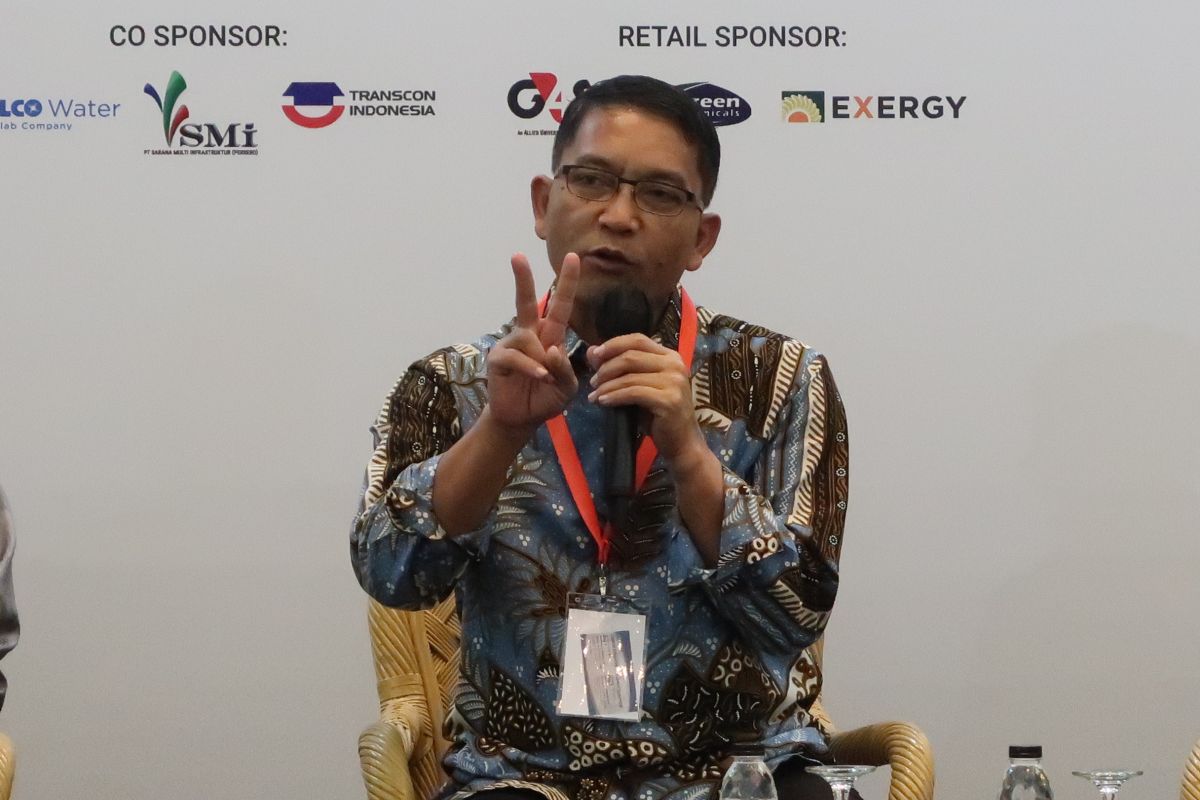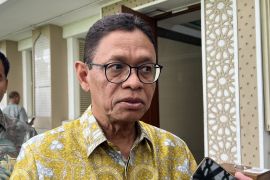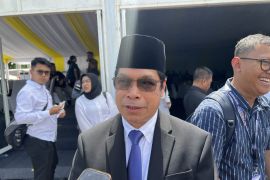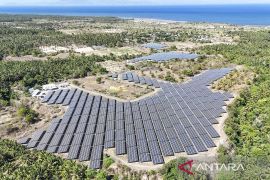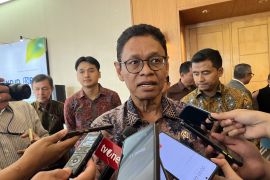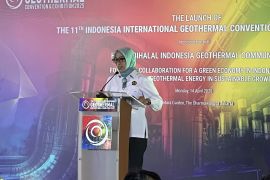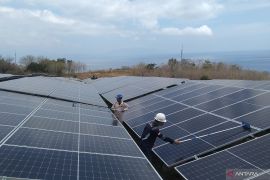I think it (the rejection) will also cause a potential opportunity loss in the community’s economic activity...Jakarta (ANTARA) - Geothermal energy utilization would not only provide low-emission electricity, but also generate additional revenues for local governments, which would, in turn, improve the people’s economy, the Energy and Mineral Resources (ESDM) Ministry has said.
For instance, the Kamojang Geothermal Power Plant (PLTP) in West Java has continued to benefit the central government, local governments, and the community since 1983, Director General of New and Renewable Energy and Energy Conservation at the ministry Dadan Kusdiana noted.
"Geothermal energy will be one of the backbones for the procurement of renewable energy since it is (the source of energy for) baseload (power plants),” he said at the 8th Indonesia International Geothermal Convention & Exhibition (IIGCE) 2022 here on Wednesday.
PLTPs can also generate non-tax revenues for the state as well as additional income for local governments, he added.
According to data from the ministry’s Geological Agency, there are 357 locations with geothermal energy potential in Indonesia, which can generate about 23.76 megawatts (MW) of electricity.
The support of all parties, including the local government and the community, can enable geothermal energy exploration activities as well as PLTP development, he said.
However, geothermal development projects often get rejected by the surrounding community, hence they tend to get delayed, he added.
"Therefore, I think that the dissemination (of information on PLTP projects to the community) needs to be improved. We can discuss (with the community regarding the geothermal projects),” he suggested.
According to Kusdiana, it is possible that information regarding the advantages of developing and operating PLTPs has not been conveyed well to communities so far, and therefore, they are getting influenced by false information and rejecting the exploration of the geothermal potential.
If the rejection continues, it will affect many aspects, for instance, it could hinder local governments in obtaining more revenues, hamper the development of new and renewable energy, as well as disrupt the government’s efforts to reduce greenhouse gas emissions, he pointed out.
"I think it (the rejection) will also cause a potential opportunity loss in the community’s economic activity as there are business opportunities (that are related to the development of PLTPs); however, since it (the project) is rejected, the opportunities cannot be used," he added.
Related news: Indonesia can become center for global geothermal industry: PGE
Related news: Pertamina offers energy transition investment opportunity for G20
Translator: Sugiharto Purnama, Uyu Liman
Editor: Rahmad Nasution
Copyright © ANTARA 2022
